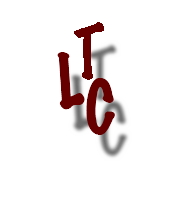Voices against violence: Virginia Woolf and Judith Butler
Résumé
In her work on ethics and politics during the past decade, Judith Butler takes issue with a psychological ideal of absolute subjective autonomy which, she argues, is indissociably related to the militaristic foreign policy adopted by the US government after 9/11. In this work, she casts the assertion of the autonomous ‘I’ as an ethically violent act which causes and perpetuates private as well as public forms of violence. A similar logic informs Virginia Woolf’s response, in her fiction of the 1920s and ‘30s, to the rise of extreme nationalisms and the increasingly hostile international relations which would bring about a second world war. As this article shows, reading Woolf alongside Butler illuminates that she depicts violence as an ethical problem of subjectivity and representation, and that she focuses on relations between an ‘I’ and a ‘you’ in order to explain aggression in the public realm of politics. Focusing on Jacob’s Room, Mrs Dalloway and The Waves, this article argues that Woolf’s writing in these novels performs an interrogation of the psychological motivations of violence and war, and that it conceptualises ethical and non-violent relations between individuals as well as between nations. It also links this interrogation to Woolf’s aesthetic practice: through their modernist form and style – particularly their privileging of interiority – these texts both highlight the dangers of maintaining at all cost the integrity of the ‘I’ and imagine an alternative way of being with others. Ultimately, as this article demonstrates, Woolf’s writing articulates historically specific questions around self-control, introspection, recognition and the precarity of self and nation, thereby claiming an ethical and political role for experimental literary production in the years following the First World War.
Mots-clés

